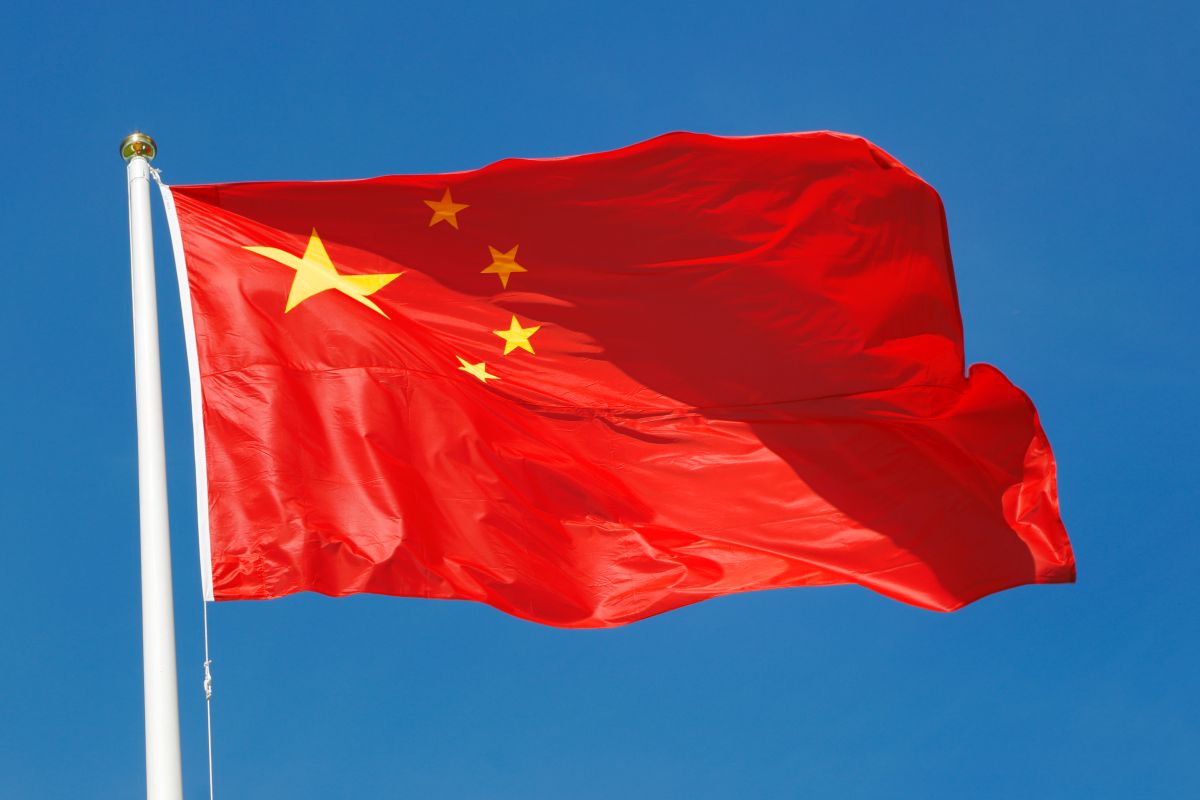Chinese foreign minister Wang Yi’s landing in Moscow days after North Korean leader Kim Jong Un’s visit raises intriguing questions about the complex dynamics of international relations. As the world watches, it’s essential to decipher the subtle moves and underlying motives that shape this diplomatic dance. Mr Yi’s visit comes at a crucial juncture when Russia seeks unwavering support for its ongoing war in Ukraine. This alliance between Moscow and Beijing is no secret, yet China vehemently denies any direct involvement in Russia’s military endeavours.
Talks between Mr Kim and Russian President Vladimir Putin remain a mystery though they are believed to have discussed arms supplies from North Korea for Russian forces in Ukraine amid Western sanctions. Could Mr Yi’s visit be mere coincidence then or is there a grander strategy at play? The United States has accused Russia and North Korea of discussing the sale of North Korean arms to Russia, amplifying concerns of potential military cooperation. Interestingly, China, with its deep ties with both countries, remains enigmatic. China might be playing a calculated game behind the scenes. As an economic lifeline to both North Korea and Russia, Beijing holds considerable leverage. Its role as a trade partner for Pyongyang and its increasing purchases of Russian energy exports give China substantial influence over these nations.
Advertisement
The possibility of China silently greenlighting military cooperation between Russia and North Korea to indirectly aid Moscow in Ukraine seems plausible. Such a strategy would allow China to support Russia and, yet, distance itself from North Korea’s actions. China could then deflect blame on Pyongyang while advancing its own interests. This manoeuvre underscores China’s strategic prowess in using proxies to further its geopolitical goals while maintaining plausible deniability. Mr Yi’s visit to Moscow not only cements China’s position as a regional powerhouse but also sends a message to the West. The USA, in particular, has been critical of China’s economic support to Russia during the Ukraine conflict. A US intelligence report accused China of mitigating the impact of Western sanctions on Russia by increasing energy exports, currency use and potentially supplying dual-use technology. Despite official meetings between China and the US, the ongoing war in Ukraine remains unresolved. China, with its economic clout, could intervene and broker a peace deal. However, China has had ample time to influence the situation but has chosen not to, highlighting China’s strategic ambiguity.
China’s diplomatic approach to the Russia-Ukraine conflict raises questions about its role as a global player. While it maintains an “objective position” on the war, its actions suggest a calculated balancing act. This pragmatism is emblematic of China’s evolving foreign policy ~ assertive yet cautious, strategic yet subtle. As Mr Yi engages in “strategic security consultations” with Russian foreign minister Sergei Lavrov, the world watches keenly. It is clear that China’s role in shaping the world’s geopolitical landscape will continue to be a topic of intrigue and scrutiny for years to come.









